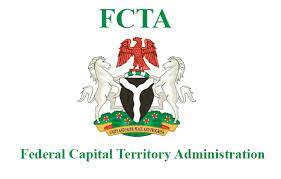The Acting Governor, Central Bank of Nigeria (CBN), Sarah Alade has said that the recent technological innovations in mobile banking have provided opportunities for financial inclusion, with clear implications for financial stability.
Alade who made this remark while addressing the caucus meeting of African Central Bank Governors on industrialisation for inclusiveness and transformative development in Africa, said one major issue in Africa is whether the attention of central banks should focus on price stability and financial stability only or should Central Banks in the region be concerned about developmental goals. She explained that although the focus on price and financial stability has served Africa well in containing inflation and deepening the financial sector, it has not been able to bring down unemployment or achieve inclusive growth on the continent.
This according to her has led to many social problems and general restiveness.
In her suggestion, she said developmental role must be part of the agenda of Central Banks on the African continents. She said programmes such as improving the access to finance, promoting financial inclusion and have targeted interventions in the economy must be considered.
Other programme according to her is that Central Banks required to access the need for payments systems inclusiveness for financial stability and transformative development in Africa, adding that realistic economic transformation and industrial development would entail greater participation of the private sector in the process of development, through improvements in the payments system and improved access to credit.
She said that Central Banks’ expected to focus on strategies for promoting investor confidence and industrial development in Africa. The most effective channel for industrial development is greater private sector participation.
Alade said that it has become vital for African countries to promote investors’ confidence in their respective economies. This she said requires promoting transparent and favourable acroeconomic environment which is crucial for private sector participation. “Steps would have to be taken by African central banks to reposition themselves as reputable and transparent institutions,” she added.
The Acting governor said that African Central Banks are inundated with several global challenges such as; the aftermaths of 2007/2009 global financial crisis; incessant natural disasters like flooding with the resultant effect of rising food prices; exchange rate volatility due to dependence on primary commodity exports for revenue; capital reversal inflow as a result of tapering in the US, among others.
Despite these daunting challenges, she said most African Central Banks recorded relative success in keeping inflation within a tolerable threshold, which could be attributed to effective and proactive monetary policy stance.
She however said , there is still room for improvement, especially, in the achievement of the primary convergence criteria for sub-regional integration.
She urged all member countries to strive to meet their respective sub-regional convergence criteria, which is a precursor to African Monetary Cooperation and adoption of single currency.


